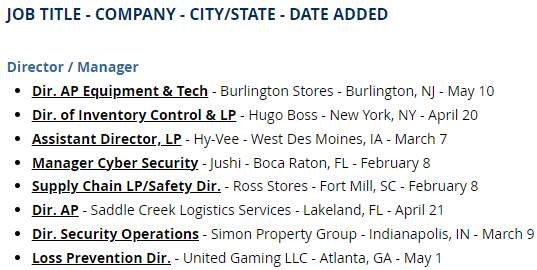The San Francisco Police Department is down more than 600 officers, almost 30 percent of its allotment. Phoenix needs about 500 more officers to be fully staffed. The D.C. police force is smaller than it has been in 50 years, despite troubling gun violence and carjackings, as officers leave faster than they can be replaced. Cook County Sheriff's dept. down 300 officers.
 |
5/30/23 |
LP, AP & Cybersecurity's #1 News Source |
D-Ddaily.net |
&uuid=(email)) &uuid=(email)) |
&uuid=(email))
| |||||||||||
|
|
||||||||||||
&uuid=(email)) |
||||||||||||
|
|
||||||||||||
|
New RILA Hire Reflects Expanded Focus on Addressing Retail Crime, Workplace SafetyWashington, DC - Today the Retail Industry Leaders Association (RILA) announced Khris Hamlin will join the organization as Vice President, Asset Protection. Hamlin brings extensive experience in retail asset protection to the role, having most recently served as Senior Vice President, Asset Protection, Inventory Control, and DC/Logistics Operation for Saks OFF 5th. Hamlin has also held asset protection and operations roles within Nordstrom, Belk, and Macy’s. “With experience working in-house at several retailers, Khris knows firsthand the complex and evolving role of asset protection professionals. Among the many challenges retailers face, addressing organized retail crime and workplace safety has never been more critical for retailers and the communities we serve,” said RILA Senior Executive Vice President, Retail Operations Lisa LaBruno. “We’re confident that RILA’s community of asset protection leaders will benefit from Khris’ unique perspective and expertise and we’re looking forward to having him on board as we continue to help the retail industry navigate challenges and explore opportunities to better serve customers,” said LaBruno. Hamlin also serves on the Board of Directors at the International Organization of Black Security Executives. His first day with RILA is June 26. “I am excited to join Lisa and the entire team at RILA,” said Hamlin. “I know RILA is passionate about supporting the AP community—their conferences, community engagement and support for AP leaders is second to none in the industry, and I am looking forward to joining a dynamic team committed to excellence across the industry.
|
||||||||||||
|
|
||||||||||||
|
||||||||||||
|
See All the Executives 'Moving Up' Here | Submit Your New Corporate Hires/Promotions or New Position |
||||||||||||
&uuid=(email)) |
||||||||||||
|
|
||||||||||||
&uuid=(email)) |
||||||||||||
|
|
||||||||||||
&uuid=(email)) |
||||||||||||
|
|
||||||||||||
"Retail America - The Silent Victim of ORC' - Is No Longer SilentA Chorus of Retail CEO's Call Out
ORC & Violence as Top Issue in Quarterly Results
|
||||||||||||
|
||||||||||||
|
|
||||||||||||
&uuid=(email)) |
||||||||||||
|
|
||||||||||||
 |
||||||||||||
|
|
||||||||||||
 |
||||||||||||
|
||||||||||||
|
|
||||||||||||
 &uuid=(email)) |
||||||||||||
|
|
||||||||||||
&uuid=(email)) |
||||||||||||
|
|
||||||||||||
The great CISO resignation: Why security leaders are quitting in drovesWith ransomware becoming increasingly commoditized and generative AI tools like ChatGPT broadening hackers’ arsenal, organizations are increasingly under attack in what some are calling a cyber cold war. This places greater and greater pressure on security leaders dealing with shrinking budgets, skeleton crew staff and a conglomeration of security tools and protocols — so much so that they are increasingly up and quitting. This so-called Great CISO Resignation is concerning, experts warn — because what happens when there’s nobody guarding the gate and rallying the troops? CISOs face too much firefighting, excessive expectationsRecent research from anti data exfiltration and ransomware prevention company BlackFog revealed that nearly a third (32%) of CISOs or IT cybersecurity leaders in the U.S. and UK were considering leaving their current organization. Nine in 10 CISOs report being “moderately” or “tremendously” stressed, according to another study, and average CISO tenure is just two years and two months. &uuid=(email))
The top reasons for CISO dissatisfaction, according to BlackFog: A lack of work-life balance and too much time spent “firefighting” rather than focusing on strategic issues. Many are struggling to keep up to date with new frameworks and models (such as multi-factor authentication and zero trust), and others say keeping their team’s skill levels up is a “serious challenge.” Then there is the general lack of qualified team members to begin with. Over an eight-year period, the number of unfilled cybersecurity jobs grew by 350%, from one million positions in 2013 to 3.5 million in 2021. That number is expected to hold out to 2025. Organizations are increasingly under attack, and with short staffing, their vulnerability only increases — less than one in 10 organizations are equipped to deal with an attack from professional cybercriminals. In fact, 100% of CISO respondents to one recent survey said they needed additional resources to adequately cope with current IT security challenges. Increasing scrutiny, lack of authority and collaborationAdditional frustrations come from lack of collaboration with higher ups who expect CISOs to do more — and more quickly — with less, lack of authority to make changes and challenges in influencing management to top challenges and needs. sdxcentral.com
The Security Implications of Drone ThreatsCybersecurity and exploitation of data. Drones have the capability to elude security cameras and other physical security measures to hover close to an otherwise secure facility (think facilities that move, store, or transmit highly sensitive data). Drones carrying a micro-computer could closely approach these facilities to overtake computers and accessories connected via Bluetooth peripherals, steal data by posing as an evil twin mimicking a Wi-Fi network, or even capture passwords with a Wi-Fi keylogger. All of these actions can be enabled by proximity of a drone hovering close to these sensitive areas. It is clear that there needs to be a way to disable drones and thwart these threats. Unfortunately, there are many policy limitations that leave officials unable to act. asisonline.com |
||||||||||||
|
|
||||||||||||
|
|
||||||||||||
|
|
||||||||||||
|
Scammers are taking advantage of the increase in people working from home and the use of video conferencing tools such as Zoom, Microsoft Team and Blue Jeans. The NCSC and CISA have reported phishing emails with attachments using these remote work platform names to trick users into downloading malicious files. Some examples of reported phishing emails include 'microsoft-teams_V#mu#D_##########.exe' and 'zoom-us-zoom_##########.exe'. It is important to remain vigilant when clicking links and downloading files. Be wary of file names that include strange character stings and investigate the legitimacy of a link by hovering your cursor over it to reveal the URL destination without clicking on it. |
||||||||||||
|
|
||||||||||||
|
Amazon Takes Heat From All Directions & Locations at Annual Shareholders MeetingAmazon investors reject proposals on worker safety, climate impactAmazon investors voted against 18 proposals at the company’s annual shareholder meeting Wednesday, opting out of efforts to require Amazon to provide more information on its use of plastics, possible pay disparities and working conditions in its warehouses. Meanwhile, at the same meeting, CEO Andy Jassy told investors about Amazon’s future focus on artificial intelligence and a shift in its delivery strategy meant to get items to customers faster. On Monday, a group of corporate employees began urging their colleagues to walk-off the job later this month to show frustration with recent layoffs, Amazon’s return to office mandate and a lack of action on climate change, organizers said. The one-day walkout, slated for May 31, hinges on at least 1,000 employees from Amazon’s Seattle headquarters agreeing to participate. On Tuesday, workers at an Amazon warehouse in Missouri delivered a petition to management with 400 employee signatures asking the company to slow the pace of work, increase break times and conduct an independent safety audit of its facilities. That same day, protesters gathered outside Amazon’s corporate offices in South Lake Union, calling on the company to decrease pollution from its network of delivery vans. The group of activist organizations asked Amazon to commit to zero-emissions deliveries by 2030. Standing outside Amazon headquarters, carrying cardboard boxes that read “deliver change” and signs emblazoned with “Amazon: prime polluter,” protesters said those changes were coming too late. Investors also voted against proposals regarding working conditions in Amazon’s warehouses, including one that matched the demand for an independent safety audit in the petition Missouri workers delivered to management before Wednesday’s meeting. Amazon says it has already seen “substantial improvements” in injury rates at its warehouses and has a “solid foundation from which to build” worker safety. The company has invested $1 billion in safety initiatives and plans to invest another $550 million in 2023. seattletimes.com |
||||||||||||
|
|
||||||||||||
|
|
||||||||||||
Lansing, MI: Michigan AG Nessel gives update on Organized Retail Crime investigation.Tuesday, Michigan Attorney General Dana Nessel held a press conference alongside members of the FORCE Team to give an update on the Organized Retail Crime Unit’s first large-scale investigation. The multi-state investigation led to three people being charged with fraudulently using EBT cards at Sam’s Club locations in Metro Detroit. Michigan State Police assisted the task force in the investigation. Investigators believe there are several other individuals involved in addition to the three already charged. Walmart requested assistance from FORCE at the end of 2022. wilx.com (Video) Peachtree Corners, GA: Woman called police after thieves hit a metro Lululemon store, she was then fired.A Gwinnett County woman says she was fired for calling the police on four robbers who stole thousands of dollars worth of clothes from the Lululemon store she worked at. Rachel Rogers captured the frightening moments on cellphone video last month when three brazen robbers walked into her store and began stealing thousands of dollars worth of clothing from the store at the Forum Shops in Peachtree Corners. The 23-year-old said that the three men grabbed as much as they could before they bolted from the store where their getaway driver was waiting. “They’re just full-blown, like, running circles around you grabbing as much as they can,” Rogers said. “And it’s a scary feeling, and you don’t know how to react. So, our reaction is to scream, ‘No! Get out! Leave!’” Rogers said she and her former coworker Jennifer Ferguson were shaken but uninjured, and immediately reported the robbery to police. But two weeks later, they were let go and fired after they learned that they had both violated company policy by calling 911. So how were they supposed to handle this situation? “Clear a pathway. At least this is what is posted, is a clear pathway, and don’t interact, let them take what they want. Let them take what they have and do not make contact with them at all,” is what Rogers said was what she was told. She told Seiden that she was frustrated because she’s been dealing with this same problem for the last eight months. “I’ve experienced it probably five or six times, and I know it’s happened on other occasions when other people are working,” Rogers said. Investigators say the same group of robbers struck again the following day in Peachtree City where police arrested and charged them with multiple felonies. wsbradio.com Phoenix, AZ: Police arrest 2 suspects after tracking cell phones stolen from east Phoenix store.Two people are in custody after police tracked cell phones that were stolen during an early morning break-in at an east Phoenix business. Officers responded to reports of a burglary at a cell phone store on McDowell Road near State Route 51 around 6:45 a.m. Friday. When they arrived, the suspects were already gone but police worked with the store to track the location of the stolen phones. Officers first followed leads into Mesa before tracking the suspects into the west Valley near Litchfield Park. Police and DPS troopers tracked the suspects’ car traveling north along Loop 303 before taking them into custody near Northern Avenue. A man and woman were arrested at the scene. Their identities have not yet been released.azfamily.com San Joaquin County, CA: Stockton burglary connected to Bay Area pawn shop selling stolen items.An April 1 vehicle burglary in Stockton has been connected to a series of robberies in San Joaquin County and the Bay Area involving at least 140 victims, according to the San Joaquin County Sheriff’s Office. A vehicle burglary in the Lincoln Center parking lot on April 1 led the sheriff’s office Special Services Division to identify DeShawn Leandrei Allen, a gang member from Richmond, as the main suspect. When Allen’s residence was searched under warrant, evidence was found that showed communication between Allen and Urias Joram Hernandez Ochoa, owner of Oromax Pawn Shop in Richmond. “The communication between Allen and Hernandez Ochoa included photographs of items Allen had stolen, with the intention of selling them to the pawn shop,” the sheriff’s office wrote in a news release. Deputies arrested Allen, who is now facing charges for burglary, grand theft, possession of burglary tools, vandalism and receiving stolen property. A search warrant was later served at the Oromax Pawn Shop where a “significant amount” of stolen items were found including; cellular devices, laptops and cameras. Hernandez Ochoa was arrested but was later released on bond. As of May 26, the sheriff’s office have identified over 140 victims who did not sell their property to the Oromax Pawn Shop. Some victims have been located as far as Brooklyn, New York.kron4.com Vicksburg, MS: 2 Rainbow store employees charged with felony theft; $5, in merchandise.El Paso, TX: Convenience store thief steals $400 of cigarettes, SlurpeeNewington, CT: Burglars steal multiple weapons from local Gun shop
|
||||||||||||
|
||||||||||||
|
|
||||||||||||
|
|
||||||||||||
|
|
||||||||||||
|
A convenience store owner in South Carolina is facing murder charges after he shot and killed a 14-year-old boy he suspected of shoplifting. The Richland County Sheriff's Department says the shooting happened at a Shell gas station on Parklane Road in Columbia, around 8 p.m. Sunday night. Rick Chow, who owns the Shell gas station chased Cyrus Carmack-Belton from his store and shot him just down the road in the 200 block of Springtree Drive, as reported by WAFB. "It's senseless, it doesn't make sense," Richland County Sheriff Leon Lott said in a Memorial Day press conference. "You have a family that's grieving, we have a community that's grieving over a 14-year-old who was shot." The owner told police he suspected Carmack-Belton of shoplifting inside the store, which the department said did not happen. The department reviewed surveillance footage as part of this investigation. "Regardless, even if he had shoplifted four bottles of water, which is what he initially took out of the cooler and then he put them back, even if he'd done that, that's not something you shoot anybody over, much less a 14-year-old, but you just don't do that," Sheriff Lott said. ibtimes.sg Two men are facing charges after a Family Dollar employee was fatally shot during a robbery, according to WTVD. Goldsboro Police Department said they responded to calls about an armed robbery and a person being shot around 3 p.m. on Wayne Memorial Drive. At the scene, police found 46-year-old Alexander Thomas behind a register with a gunshot wound to his chest. Thomas was taken to the hospital where he died from his injuries, according to WTVD. Police said two men, 24-year-old Aaron Coppedge and 20-year-old Yiheim Quishown Fryar, were taken into custody not too far from the scene. Each man has been charged with one count of armed robbery and an open count of murder. They are being held at the Wayne County Detention Center without a bond, according to WTVD. wsoctv.com Two people are dead after a shooting that occurred near a convenience store on Whitesville Road on Monday evening, according to Troup County Coroner Erin Hackley. Hackley said the initial information is that it was an apparent murder/suicide, though law enforcement continues to investigate. The identity of the deceased individuals has not yet been released. The incident occurred near the Junior Food Mart. There was a heavy police presence in the area and police tape around the scene Monday evening. lagrangenews.com A man is dead after getting shot several times near a small grocery store in southeast Atlanta Sunday. Atlanta Police Department officers are investigating after they were flagged down at 807 Conley Rd. SE just before 4 p.m. Police found a 48-year-old man who had been shot multiple times. The Fulton County Medical Examiner's Office identified the 48-year-old as Fredrick Key. 11alive.com EMS officials found a man murdered outside of a liquor store in Cleveland on Friday. Officials said they found the body in the parking lot of the Union Beverage & Deli, located at 12408 Union Ave. in the city’s Mount Pleasant neighborhood, at approximately 7:30 p.m. EMS officials said the victim suffered gunshot wounds.cleveland19.com The suspect in a Friday night shooting inside the Inferno Sports Bar turned himself in to authorities Saturday evening. Undra Lamorris Williams, 30, is charged with murder in the fatal shooting of Devan Thompson, 33, of Columbus. Four others were injured during the shooting, according to police. “After he appeared on the news and social media, a family member reached out to Williams,” Chief Joseph Daughtry said in a press release. “He and I then began a conversation of negotiating a way for him to be taken into custody.”cdispatch.com A stabbing and fight at a north Scottsdale shopping mall left a security guard and a suspect injured. According to police, the incident happened at around 12:40 a.m. on May 29 at Scottsdale Quarter, near Scottsdale Road and Greenway Parkway, when a fight broke out between a security guard and a suspect. During the fight, the security guard was stabbed multiple times in his hip. The suspect, identified as a man in his late-30s, suffered a stab wound to his back during the fight. He was restrained by the security guard until officers arrived at the scene. Both the security guard and suspect were hospitalized with non-life-threatening injuries.fox10phoenix.com Nine people were injured when gunfire erupted along a beachside promenade in Hollywood, Florida, sending people frantically running for cover along the crowded beach on Memorial Day. The nine people hurt Monday evening included six adults and three children, according to Yanet Obarrio Sanchez, a spokesperson for Memorial Healthcare System. All of the victims were in stable condition, she said. Police spokesperson Deanna Bettineschi said four children between the ages of 1 and 17 were hit, along with five adults between 25 and 65. One was in surgery late Monday while the others were stable, she said. It was not immediately clear if the hospital was counting a 17-year-old as an adult. The shooting happened shortly before 7 p.m., Bettineschi said. A fight broke out, at least one gun was pulled and shots were fired. At least one person was in custody, but police were looking for more suspects. fox34.com A victim allegedly turned the tables on a would-be attacker, who reportedly walked into a South Memphis store with a semi-automatic weapon. Detectives say Aaron Brown, who can be seen in his mugshot with an arm injury, was shot by a shop owner just after 3 on Saturday afternoon. Brown allegedly went into a shoe-shine business on East McLemore armed with a semi-automatic weapon. The owner told police he fired first to protect himself and those inside the store. wreg.com A customer inside a Walmart Supercenter was so upset after using an ATM that he pointed a gun at a store employee, Camillus police Capt. James Nightingale said. The employee, a loss prevention officer, tripped and fell as the man pointed a gun at him, Nightingale said. WAVES Ambulance took the Walmart employee to Crouse Hospital in Syracuse, he said. Police are continuing to look for the man with a gun Monday night. The incident began shortly before 5 p.m. when the man had trouble using the ATM inside the Walmart at 5399 W. Genesee St. Police are still trying to determine what exactly happened that made the man irate, but witnesses said the man began banging on the machine, the captain said. syracuse.com A 56-year-old Akron store clerk who shot and killed a customer, was found not guilty of negligent homicide. Gurninder Banvait’s jury trial was heard last week in Akron Municipal Court. Akron police said Banvait fired a gun inside the Sunoco in the 800 block of Lovers Lane on Sept. 1, 2022, because an unruly customer threatening to kill her over incorrect change. The bullet instead struck Torres Bruster, 48, who died from his injuries on Oct. 18, 2022. cleveland19.com |
||||||||||||
|
|
||||||||||||
 |
||||||||||||
|
|
||||||||||||
|
||||||||||||
|
|
||||||||||||
|
|
||||||||||||
|
|
||||||||||||
|
An
Industry Obligation - Staffing 'Best in Class' Teams
|
||||||||||||
|
|
||||||||||||
|
|
||||||||||||
|
|
||||||||||||
|
|
||||||||||||
|
Not getting the Daily? Is it ending up in your spam folder? |
||||||||||||
|
FEEDBACK / downing-downing.com / Advertise with The D&D Daily |
||||||||||||
&uuid=(email))
&uuid=(email))
&uuid=(email))

&uuid=(email))
&uuid=(email))
&uuid=(email))
&uuid=(email))
&uuid=(email))
&uuid=(email))
&uuid=(email))
&uuid=(email))
&uuid=(email))
&uuid=(email))
&uuid=(email))

&uuid=(email))
&uuid=(email))
&uuid=(email))
&uuid=(email))
&uuid=(email))
&uuid=(email))
&uuid=(email))
&uuid=(email))










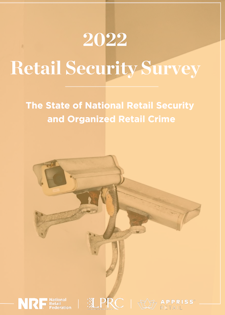





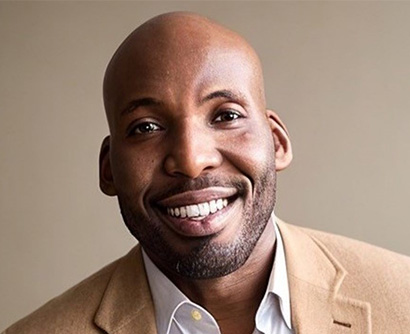

&uuid=(email))




&uuid=(email))

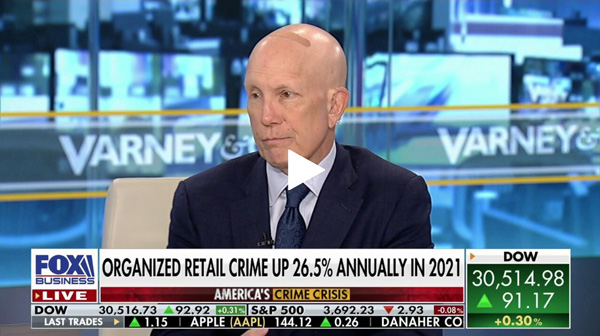
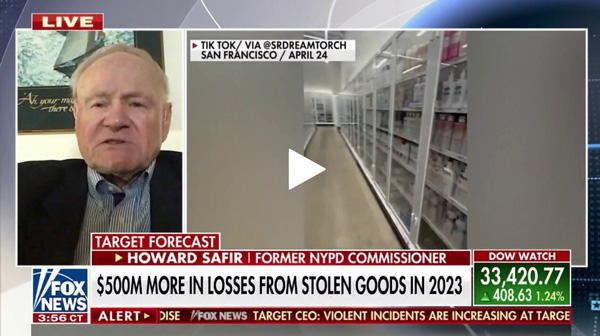

&uuid=(email))
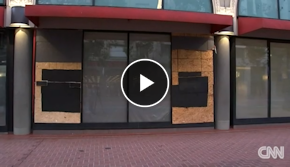

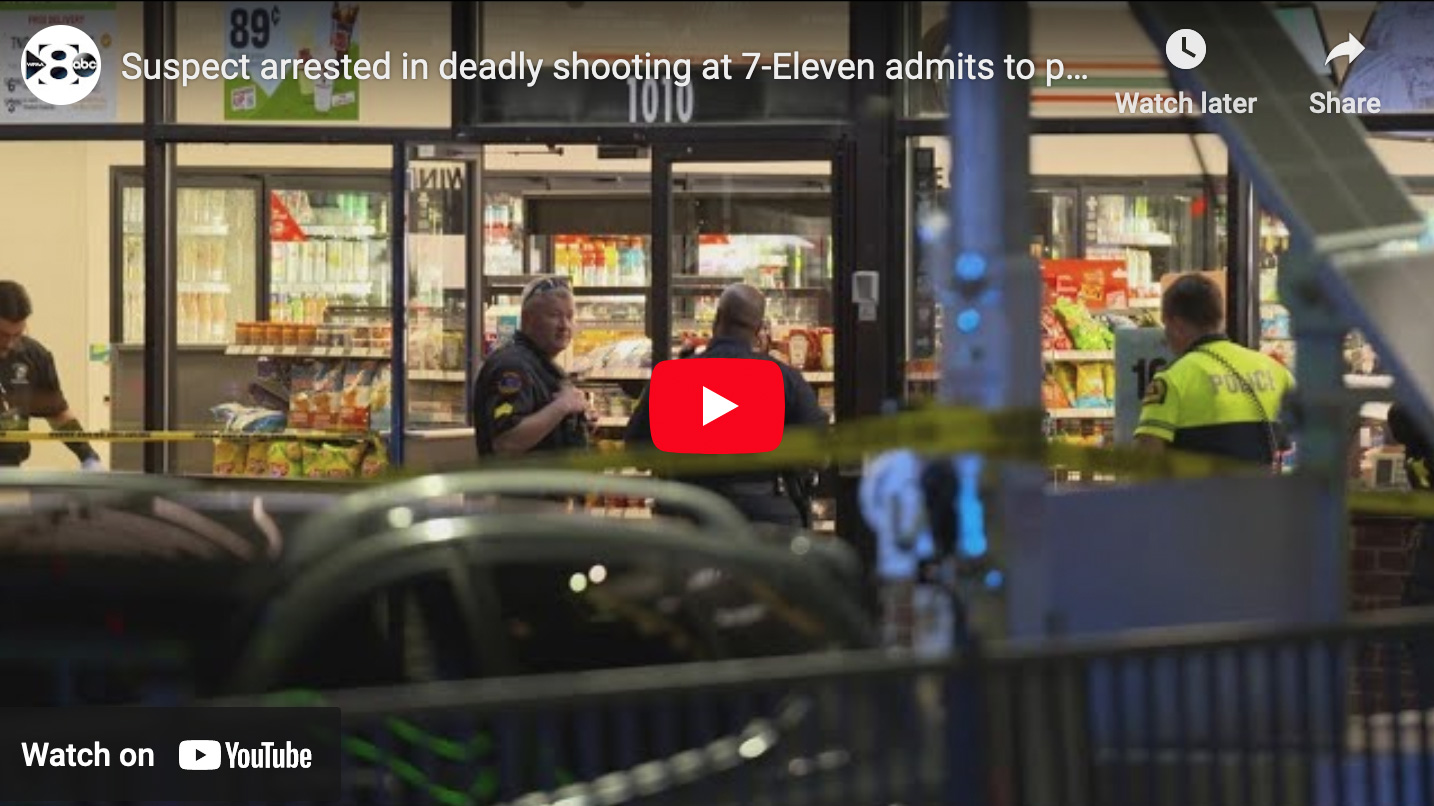

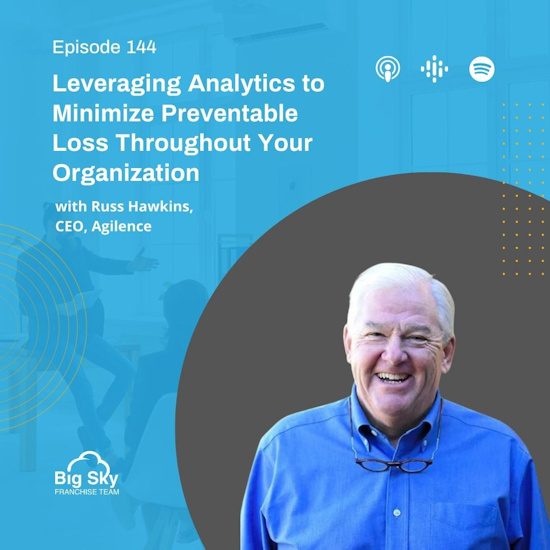
&uuid=(email))
&uuid=(email))
&uuid=(email))

&uuid=(email))
&uuid=(email))
&uuid=(email))
&uuid=(email))
&uuid=(email))
&uuid=(email))
f%20(1).png)
&uuid=(email))


&uuid=(email))
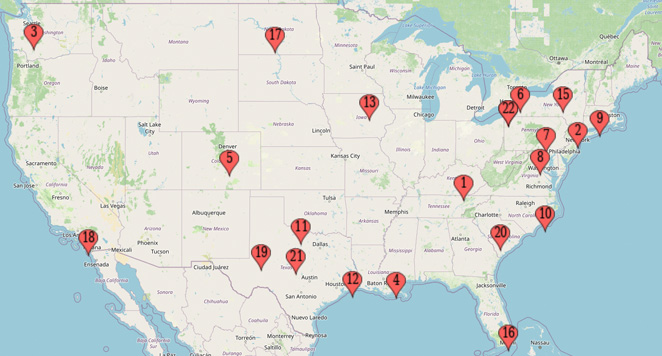
&uuid=(email))

&uuid=(email))

&uuid=(email))




